Keywords: The Financial
There are more than 24 results, only the first 24 are displayed here.
Become a subscriber for more search results.
-
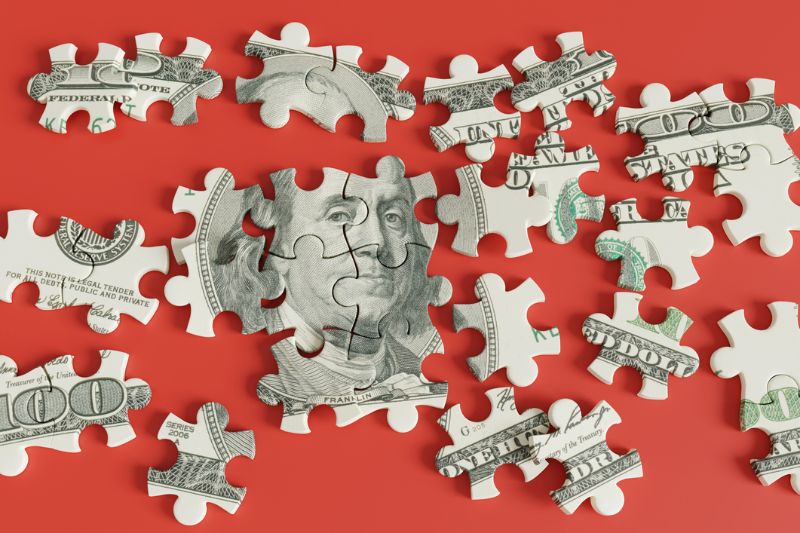
INTERNATIONAL
- Binoy Kampmark
- 07 May 2025
Trump’s tariff-led reshaping of global trade is weakening the US dollar’s long-standing dominance. As central banks diversify away from US assets, what was once called an “exorbitant privilege” is beginning to look more like a burden — one shaped as much by petulant politics as economic mismanagement.
READ MORE
-
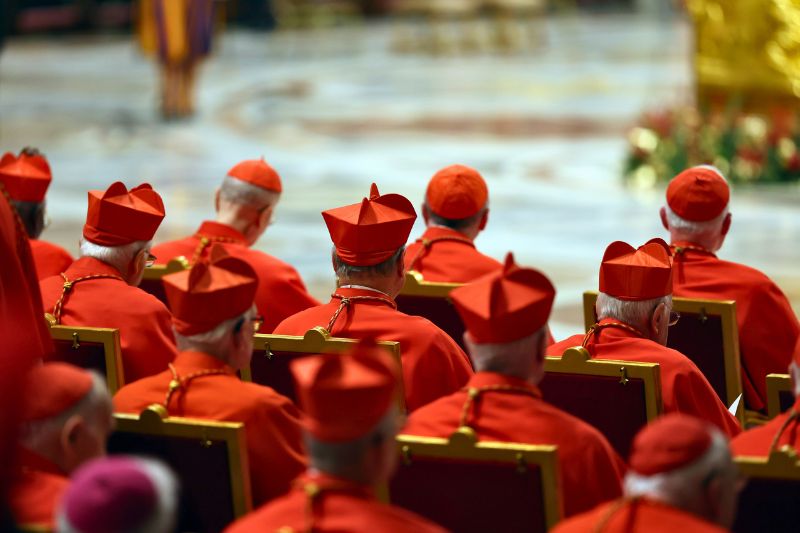
RELIGION
- Miles Pattenden
- 01 May 2025
As cardinals gather in Rome, they must confront declining trust, shifting global power, financial scandals, and unresolved doctrinal divides within the Church. More than a choice of leader, this moment is a reckoning with modernity and the future direction of the Church itself.
READ MORE
-
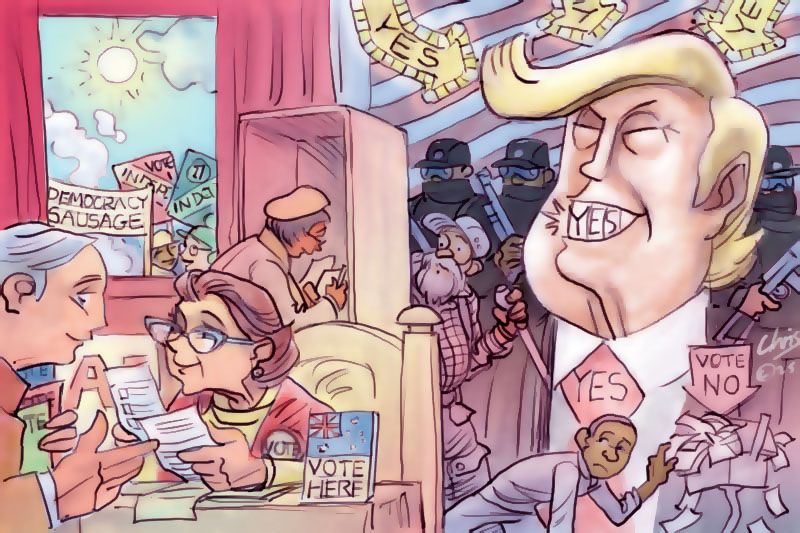
AUSTRALIA
- Jim McDermott
- 01 May 2025
From across the Pacific, Australia’s election looks refreshingly sane: debates over fuel taxes and modest wage hikes. But the surface calm belies deeper frustrations: housing scarcity, voter disillusionment, political evasion. But for an American watching from a fractured homeland, the question is how long that difference can hold.
READ MORE
-
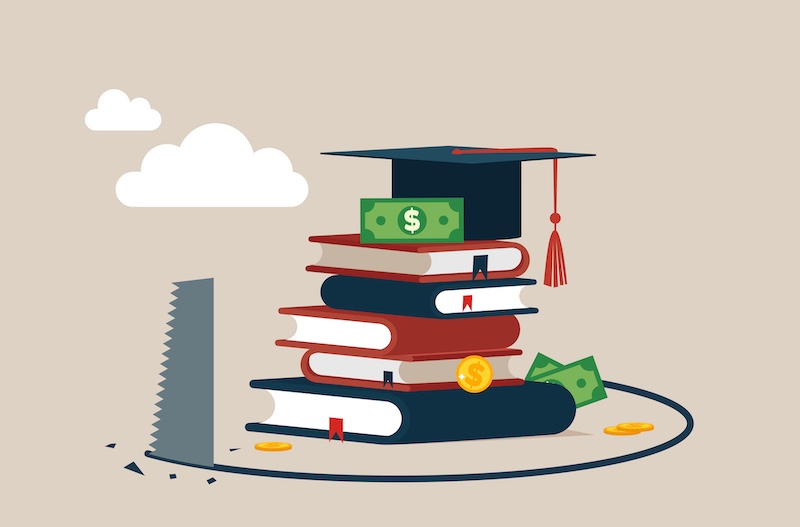
EDUCATION
- Erica Cervini
- 23 April 2025
Despite a lot of talk about education, neither of the major parties has talked about the funding of universities. However this federal election is likely to be determined by voters under the age of 45, the very group that rising university fees and HELP (higher education loan program) debts are hitting the hardest.
READ MORE
-

RELIGION
- Frank Brennan
- 23 April 2025
Francis was a pope prepared to blur the edges of doctrine, or at least its application, opening the doors of the Church to all those seeking love, mercy and forgiveness. He never doubted God’s capacity to love and forgive all who sought that love and forgiveness. He maintained the certainty, not of doctrine but of the simple piety of believers.
READ MORE
-
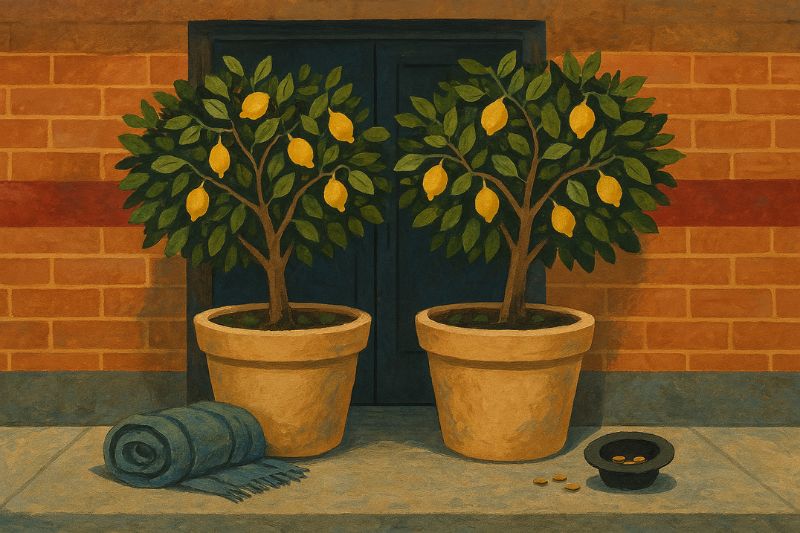
AUSTRALIA
- Barry Gittins
- 10 April 2025
In cities that pride themselves on liveability, a quiet war is being waged against the homeless with urban design and tough bylaws. What appears as civic order is, in truth, a hardening of public conscience, where compassion gives way to concealment, and suffering is swept from view.
READ MORE
-

AUSTRALIA
- David James
- 04 April 2025
As house prices soar and home ownership slips out of reach, Australia’s property market has become a $10 trillion engine of inequality — and yet, no major party will touch it. With an election looming, silence on the housing crisis reveals a deeper dysfunction: a political economy captive to debt and speculation.
READ MORE 
-
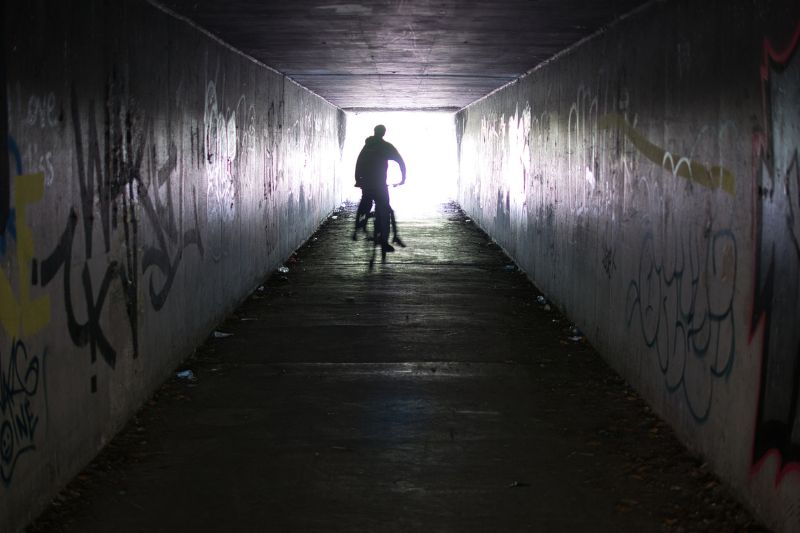
AUSTRALIA
- Andrew Hamilton
- 02 April 2025
Countering a rise in youth crime with tough new bail laws will ensure community safety, but risks compounding the very crisis they aim to solve. As more children are placed in detention, the changes raise urgent questions about justice, policy failure, and the long-term social cost of prioritising punishment over prevention.
READ MORE
-
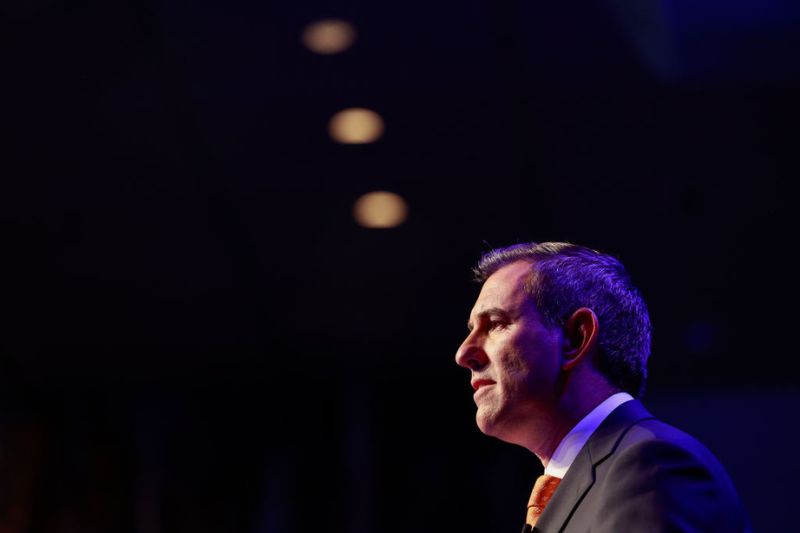
AUSTRALIA
- David James
- 27 March 2025
Australia’s Federal Budget offers a mix of tax cuts, spending increases, and modest relief for households, but fails to address the seismic shifts in global economics. With rising defense spending and minimal solutions for mounting debt, it remains unclear whether this budget can navigate the country’s economic vulnerabilities in an unpredictable world.
READ MORE
-
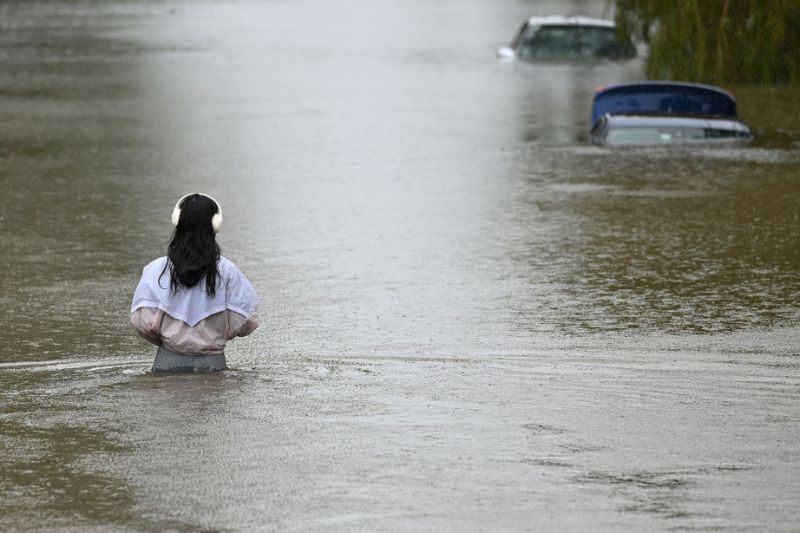
AUSTRALIA
When Cyclone Alfred swept through Queensland, the damage was swift, but its most enduring effects are harder to see. As the clean-up began, a quieter crisis emerged: disrupted care, rising health risks, and a fragile health system ill-equipped to cope.
READ MORE
-

AUSTRALIA
- Max Jeganathan
- 24 March 2025
Amid rising hate speech and tighter laws, something deeper festers. In a culture wired for outrage and shaped by tribal algorithms, we’re learning not just to disagree, but to despise. What happens when identity is built on enmity, and public debate becomes less about ideas and more about who we’re against?
READ MORE
-

INTERNATIONAL
- Nirmal Ghosh
- 14 March 2025
Donald Trump’s return to the White House was the culmination of decades of economic decline, political disillusionment, and cultural fracture, forces the liberal elite ignored at their peril. As Trump reshapes America’s role in the world, his rise reveals hard truths about democracy, populism, and power in the 21st century.
READ MORE 